Yes, gold. Macarthy shows off some nuggets recently brought into the store by modern day prospectors. “This was taken out two weeks ago and it’s fabulous,” Macarthy says, pointing to a thumb-sized nodule of the precious mineral. “People quit their jobs or take the summer off to get gold.”
Most people come for the nature, in particular to canoe or kayak in the chain of narrow, serpentine lakes that make up the Bowron Lakes. “The Bowron Lakes are one of the largest and best lake chains in the world for paddling. People come from all over the world,” she says.
Along with mining, paddling has given the town new life in recent years. “We used to stand in the middle of the road and talk to our neighbours and if there was a car it would go around us. With the mining coming in, it’s gotten busier. Wells has changed a lot.”
Another attraction nearby is Barkerville, a ghost town where local people dress up as characters from the old frontier. “We call Wells ‘the host town to the ghost town’. Barkerville was a town in the 1860s and now there are just the performers and they come back to Wells at night. They live here.”
But two seasons of intense wildfires across the western Canadian province means that very few people come to Barkerville and Wells these days. The fires are far away but media reports of blocked roads, fires and smoke have kept tourists away and that has left businesses struggling.
The host town to the ghost town is starting to feel eerily like a ghost town itself. “It’s pretty demoralizing,” says Macarthy. “And it’s really disheartening to go to Barkerville and see the performers doing their show. But there’s no one there to watch them.”
Still, Macarthy says Wells has been relatively lucky because the town didn’t burn and they never needed to be evacuated. But the smoke is taking its toll and people are now beginning to think twice before hitting the road.
“It’s the smoke that has been the straw on the camel’s back for a lot of people.”
And it’s not just the economy that suffers if places like the Frog on the Bog can’t survive. Businesses like this are important community anchors. The Frog on the Bog is even the place people call when there’s an emergency. Macarthy and her husband, Dave, are both trained paramedics.
During my visit, the phone rings. A man out on the lake has been burned and needs to be evacuated to a hospital. “I’ll get Dave to go out and get him,” Macarthy says into the phone. “What kind of burns does he have?”
Although people here are very self-reliant, outside support has helped. When the Canadian Red Cross Society came to see how it could help people affected even indirectly by the wildfires, it decided not to offer short-term aid. Instead, it provided grants so businesses could make some improvements and stay afloat until the tourists come back.
“So our town looks a lot better and more people are stopping all the time. If the Red Cross had not stepped in — and none of us ever thought we would be recipients of help from the Red Cross, which is amazing — we would be in a different place today considering the smoke.”
What really keeps Wells going, Macarthy says, is the commitment that local people, including business owners, have to the local community. Because of these people, Wells will never be a ghost town, even if smoke and fire does continue to choke the local economy.
 Red Cross Red Crescent magazine
Red Cross Red Crescent magazine 
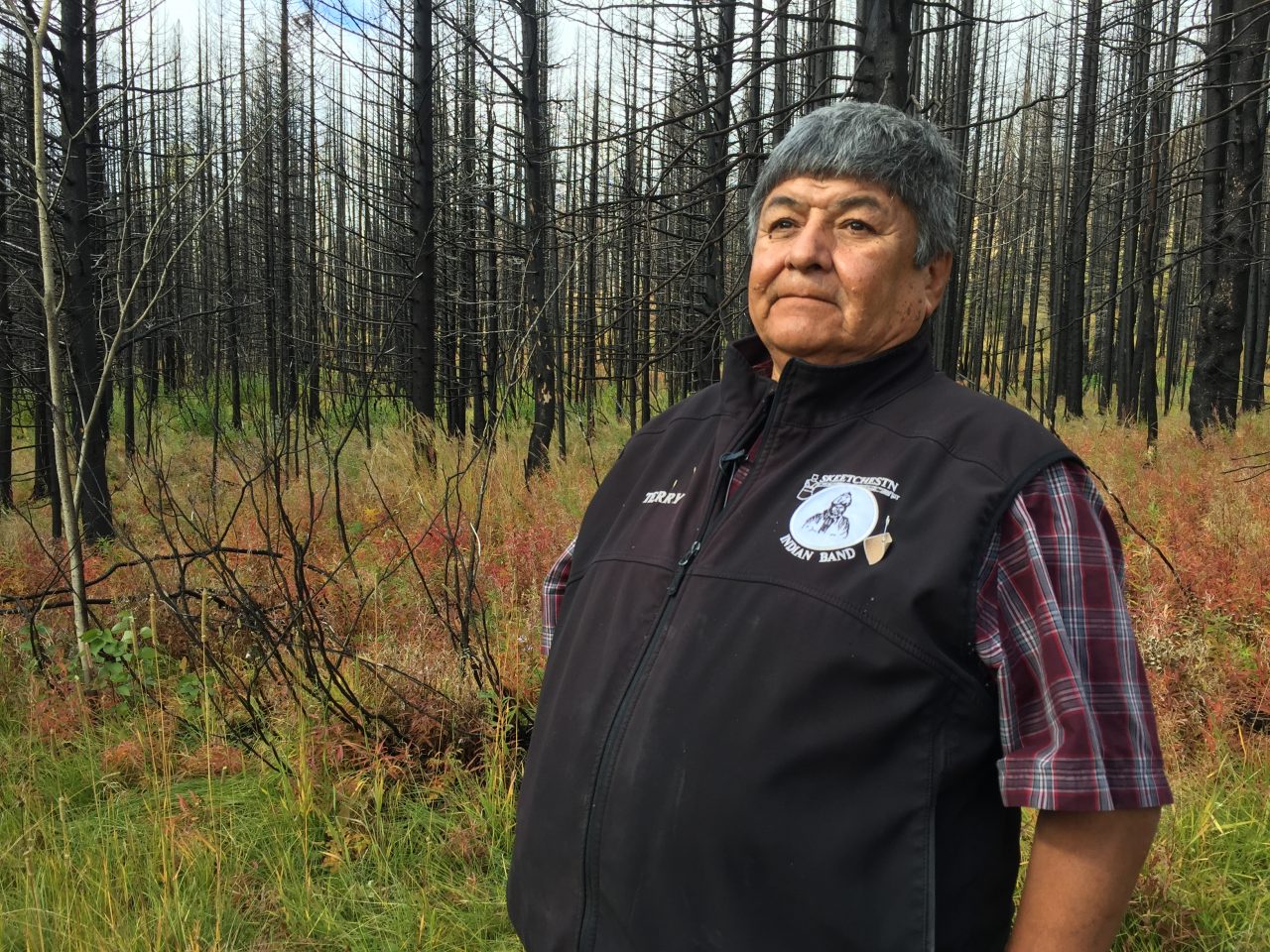
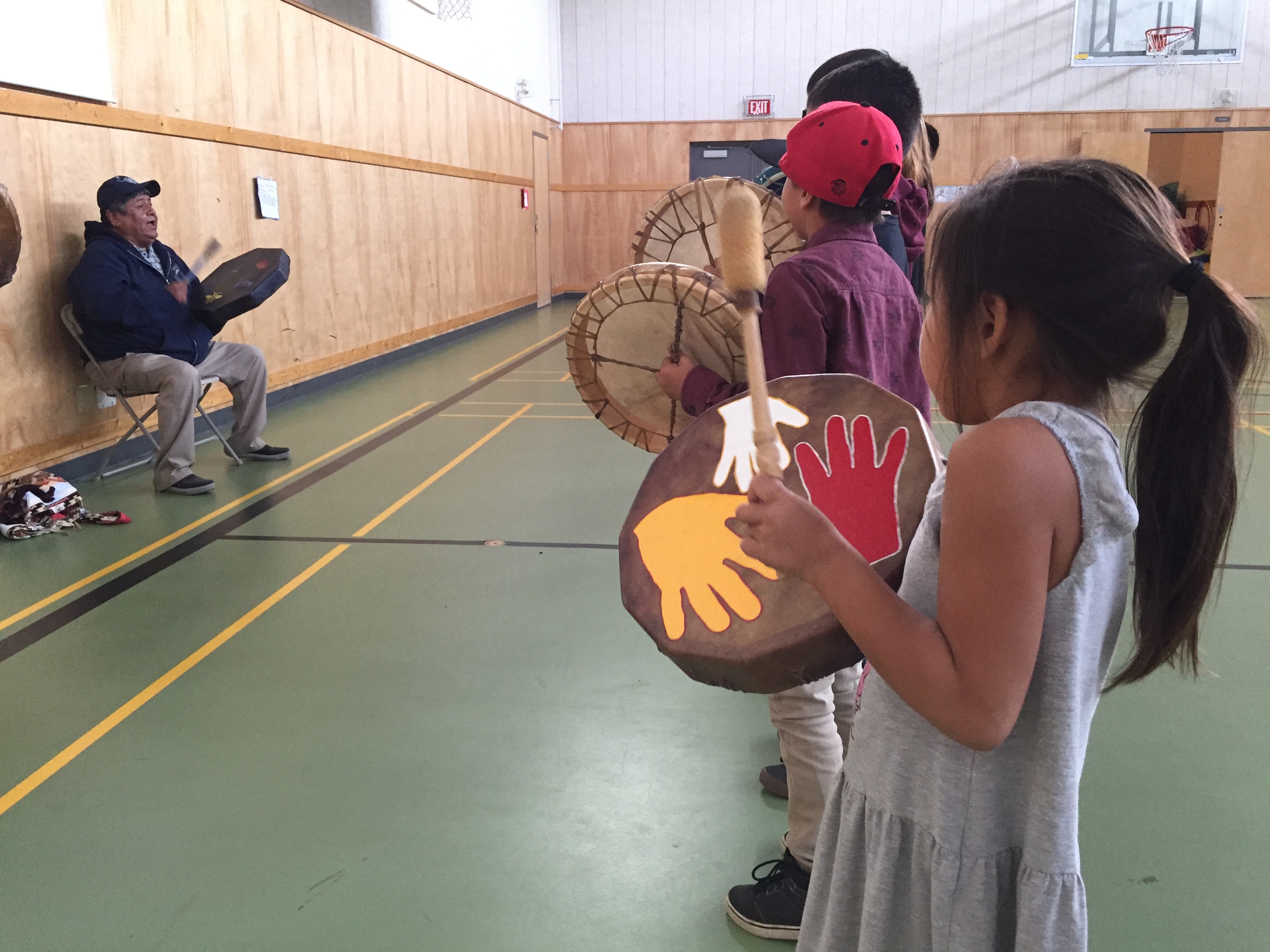

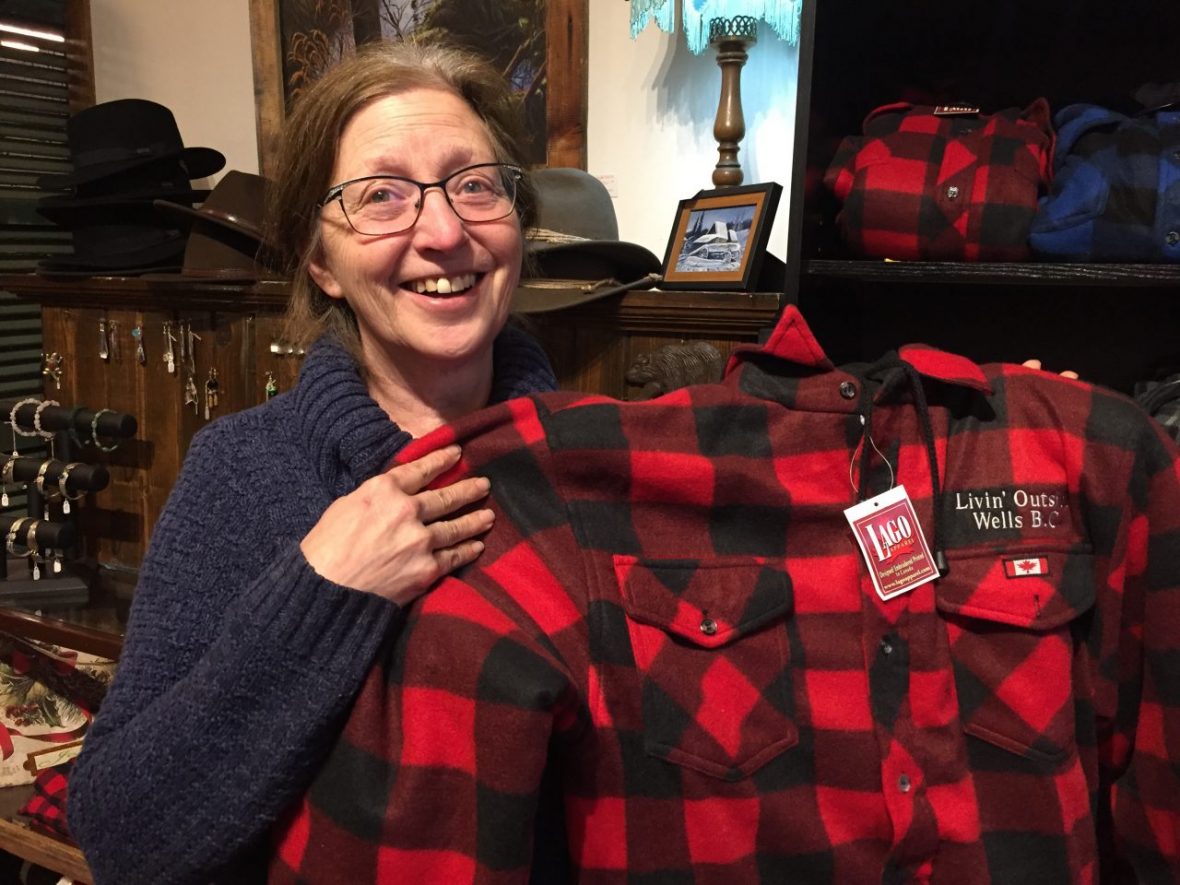
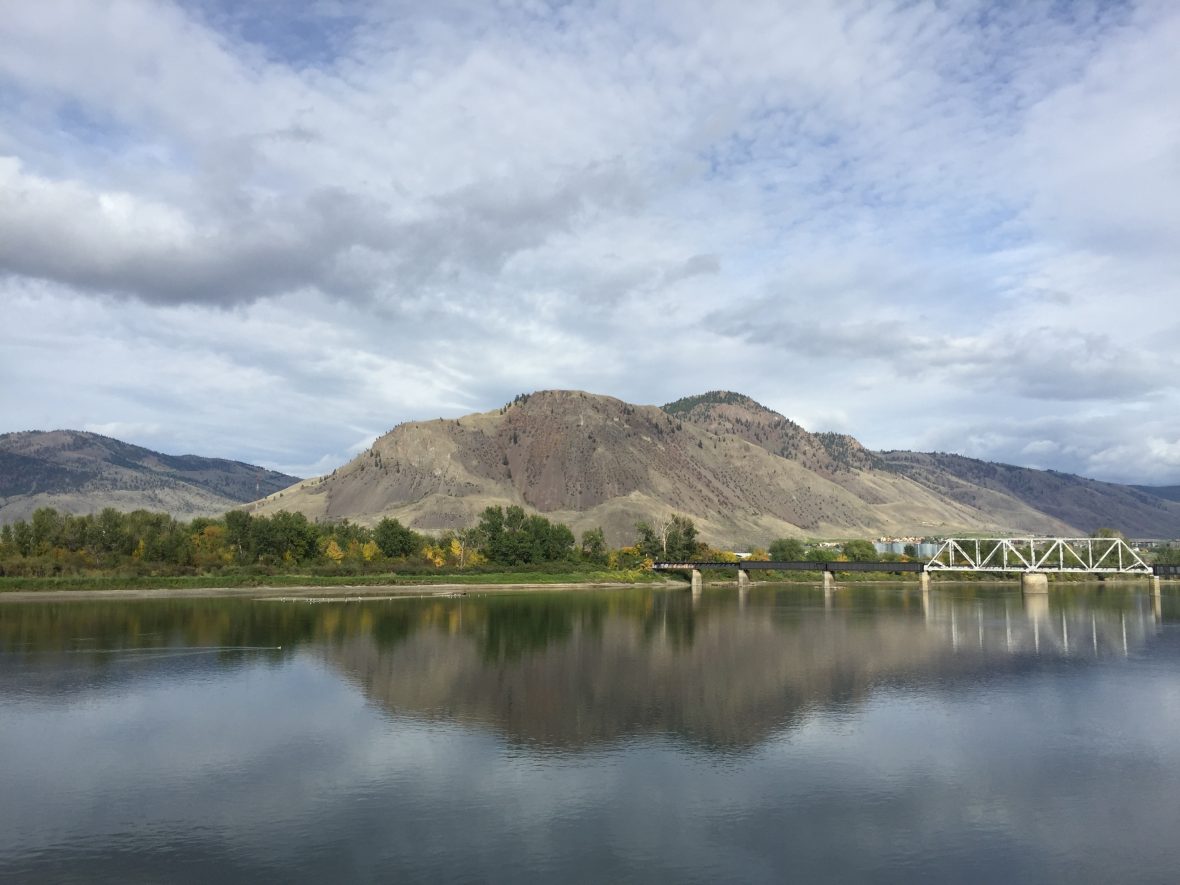
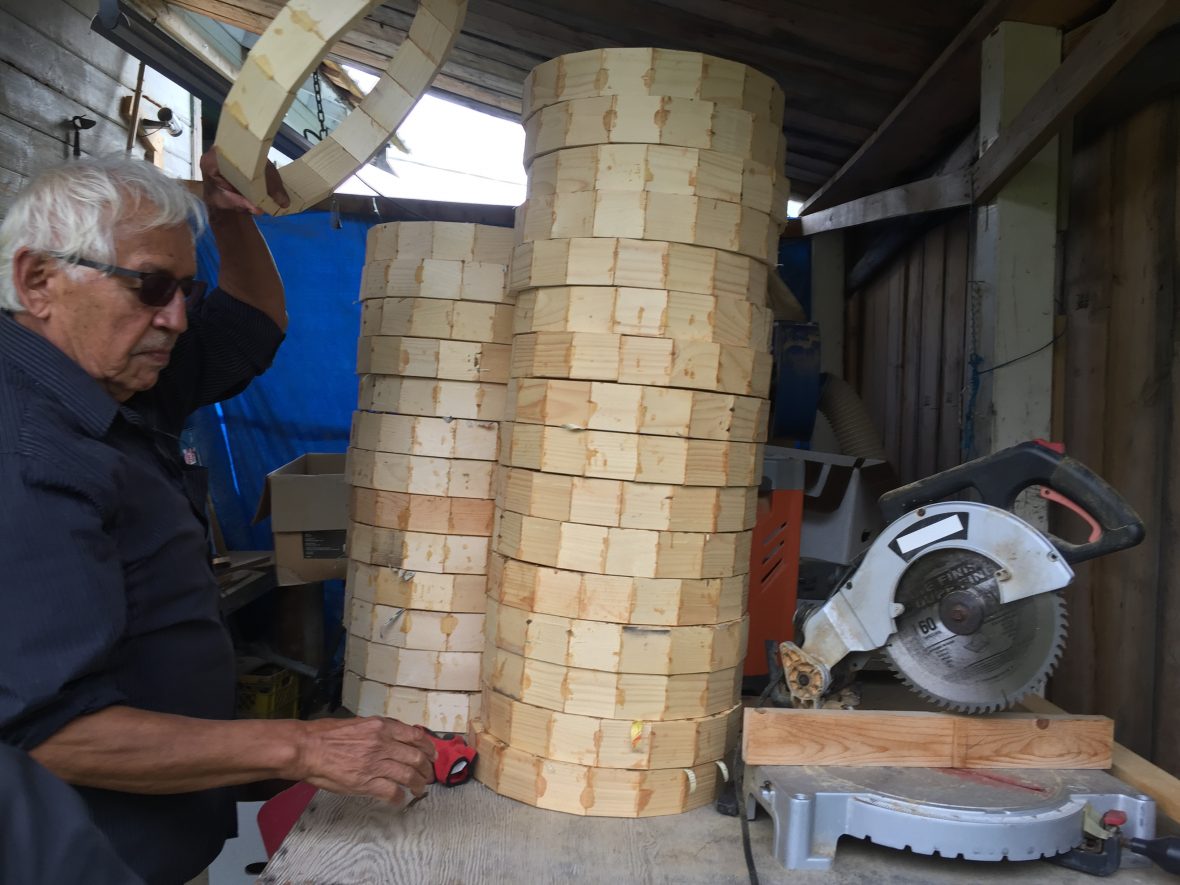






 Tech & Innovation
Tech & Innovation Climate Change
Climate Change Volunteers
Volunteers Health
Health Migration
Migration